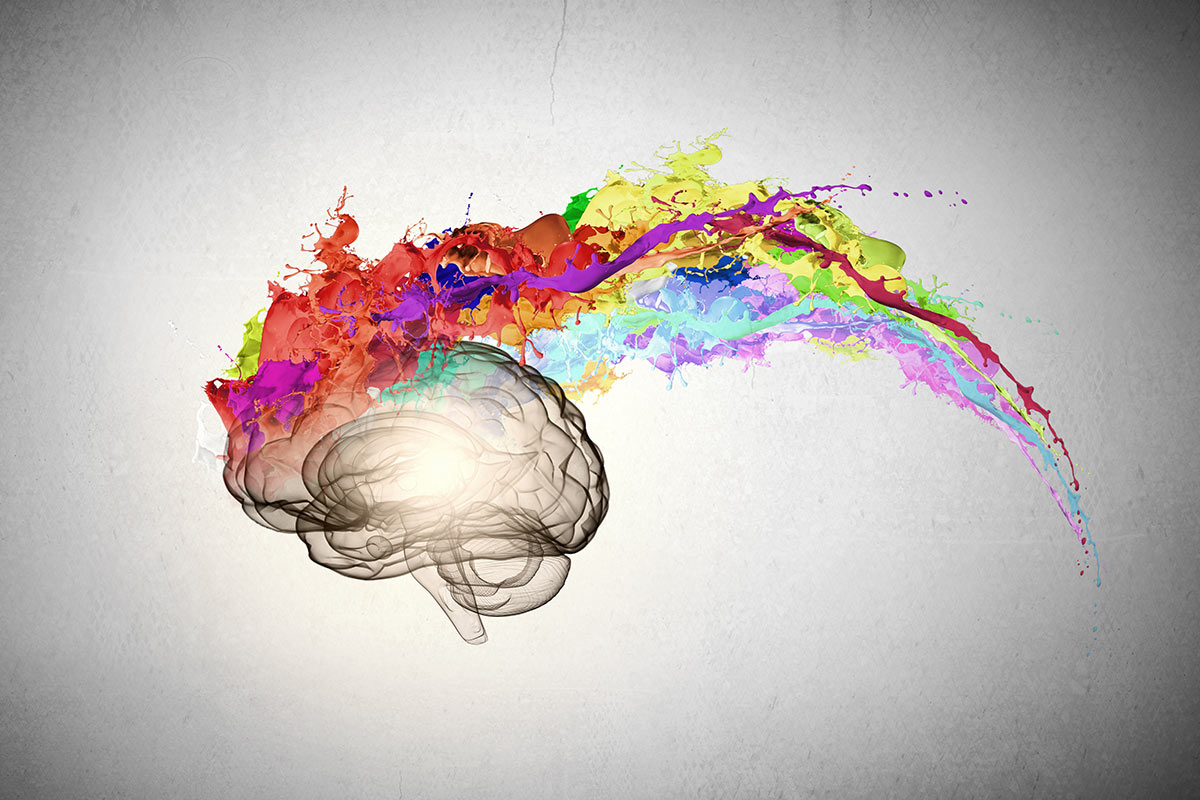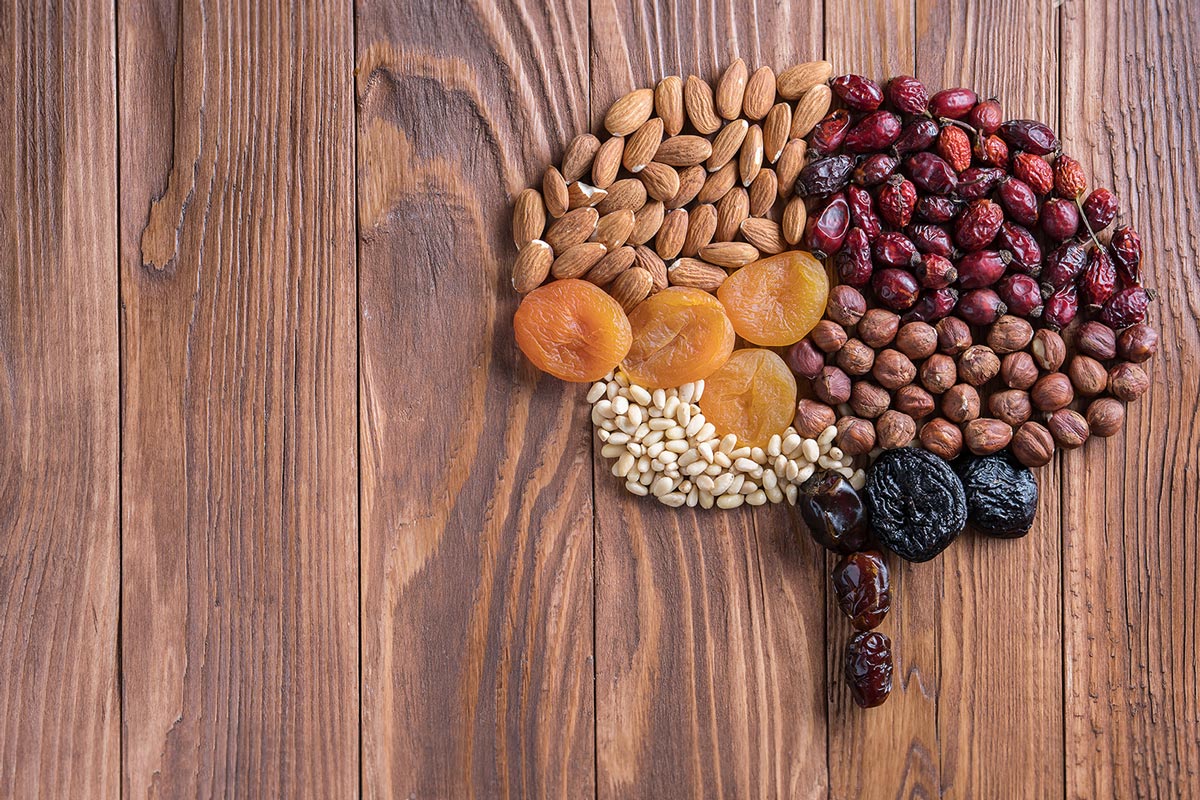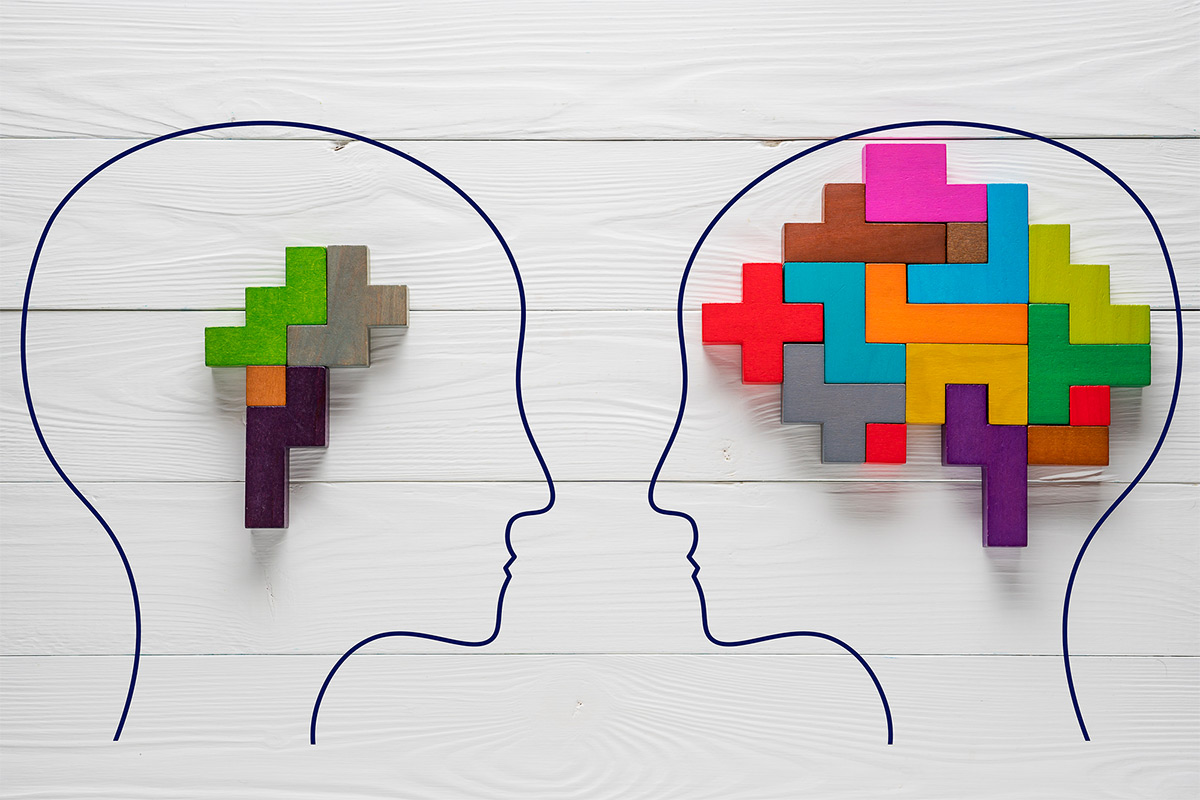The story of how to improve brain function should in no case begin with a list of the best pills to improve the activity of neurons. It is much easier to exclude factors that negatively affect the brain - than to try to stimulate memory by taking drugs.
Deficiency of a number of minerals and vitamins is closely associated with impaired brain function - first of all, we are talking about magnesium, as well as fat-soluble vitamins A, E and D. Plus, it is important to regularly train the brain to improve memory - read the methods in the material below.
// Stimulants of brain activity
A decrease in brain activity primarily occurs in old age - both in case of dementia and other diseases. However, improving the functioning of brain neurons is useful to everyone, including adolescents - the development of memory allows you to learn better.
The first step to optimizing brain activity is to control the level of the stress hormone. High cortisol not only violates short-term memory, but also contributes to the occurrence of insomnia - it, in turn, extremely negatively affects the brain.
Also, a negative factor for the functioning of the brain is excessive stimulation with nicotine - in the end, its action violates the natural mechanisms of the production of the hormone dopamine. In other words, to stimulate brain activity, you must stop smoking.
// Read more:
- insomnia - causes and treatment
- why is cortisol elevated and how to lower
- how to quit smoking?
Medications for improving brain function
Before taking medications to improve brain function, it is necessary to eliminate common nutrient deficiencies. For example, only 25% of people get enough magnesium every day with food, a key mineral for the brain and central nervous system.
In addition, omega-3 fatty acids, mainly of animal origin, play an important role in the blood supply to the brain. Plus, to improve the functioning of brain neurons, it is necessary to consume enough calcium, iron, iodine and a number of vitamins - especially fat-soluble ones.
// Read more:
- magnesium - what foods are contained in?
- daily omega-3s - how to take fish oil?
- top 20 healthy foods
Vitamins and brain products
There are two categories of products - some improve brain function, while others worsen it. The above-mentioned magnesium is considered beneficial for the brain - in particular, it is abundant in nuts. In addition, berries and some fruits contain important for the health of neurons phytonutrients and antioxidants.
Recall that antioxidants help to neutralize the oxidizing effect of free radicals - since these free radicals are concentrated mainly in the brain, a lack of vitamins and minerals leads to both death of brain cells and faster aging.
Foods that are harmful to the brain are fast carbohydrates (primarily sugar, sweets, and white flour baked goods) - they cause insulin production disorders that directly affect brain function. In addition, trans fats are also harmful to him - their regular use is associated with impaired memory functions.
// Read more:
- the most important nutrients - list
- fast carbohydrates - where are they?
- trans fats - what is the harm?
What do you need to improve your memory?
Nutrition to improve memory and brain activity should contain enough fiber foods. They not only cleanse the body of toxins, but also stimulate the process of renewal of brain cells - which is useful for memory. In addition, it improves blood condition and improves blood circulation.
Of particular importance is the use of antioxidants and phytonutrients - both vitamins C, E and A, as well as a number of substances contained in bright vegetables, fruits and berries. The most useful are dark berries, chocolate, leafy green vegetables, and chia seeds.
How to improve memory?
Improving memory is closely related to the stimulation of brain activity - both in adolescence and adulthood. In the formation of new knowledge, an improvement in the blood supply to the brain and the development of new neural connections are achieved - which directly improves the functioning of the brain.
// Several ways to quickly improve memory at any age:
1. Keep a diary
- Keeping a diary not only develops the ability to talk about oneself in the first person (which forces one to analyze actions) - but also requires the activation of memory functions to describe events. Ultimately, it stimulates the work of neurons.
2. Focus on what you are doing.
- Stop perceiving reality from the perspective of a passive observer. Analyze what happens to you during the day - instead of eating food mechanically in front of the TV, eat food consciously.
3. Play puzzle games
- To improve memory, it is important not only to passively perceive information, but to use it to stimulate the brain - play logic games on a smartphone, or simply try to regularly find associations or connections with already familiar objects and concepts.
4. Learn to meditate
- First of all, meditation relieves stress and reduces the level of the hormone cortisol (recall that high cortisol literally destroys the brain and significantly impairs memory) - meditation also contributes to the formation of new neural connections.
5. Read more
- Conscious reading is one of the main methods for improving memory and brain function, since this leads to the formation of new synapses - special contact areas between the processes of nerve cells. Some studies call a reading rate of up to two hours daily.
6. Exercise regularly in cardio
- The most important exercises for the brain are regular cardio exercises - they improve blood circulation throughout the body, including the brain. Even brisk walking cleanses the brain of metabolic waste involved in the development of Alzheimer's disease.
// Continuing the topic:
- simple meditation for beginners
- rate of steps per day - age tables
- cardio - which is better?
***
To improve brain function and activate memory functions, it is important how to eat properly and exercise regularly. In particular, magnesium deficiency negatively affects the brain - just like a lack of fiber in the diet.
Source: fitseven.com



